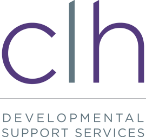History
The History of CLH Developmental Support Services
For CLH DSS, it all began in 1960, when a group of parents organized by Evelyn Banks formed to advocate for educational opportunities in the public-school system for children with intellectual disabilities. In September 1960, eight local children attended segregated classes at Regent Public School. The “Huronia Association” grew out of this movement, which was known over time by several different names. In the late 1960s, a program for adult vocational training was started as well as services for preschool children. In 1971, with the help of local service clubs, a new workshop and office were opened on a large double lot on William Street that was donated by the Town of Midland.
Expansion continued over the next decade, with a life skills program being introduced (now known as Community Participation Supports) as well as the first Supported Living Home setting for 10 adults. In 1986, resources were provided to support the Beausoleil First Nation on Christian Island. In 1998, an Early Intervention Centre was opened with Board fundraised dollars as well as a donation from the Bank of Montreal. McDonald’s also donated a grant for playground equipment for this program. CLH Foundation was established as a charitable organization that same year.
In 2004, a Transitional Aged Youth (TAY) office was opened, as well as Pineview Treatment Home (a home with special supports located on the grounds of the Mental Health Centre, Penetanguishene). An innovative regional treatment program “New Places to Live” was initiated for individuals with developmental disabilities and emotional or psychiatric disabilities. In addition, CLH was recognized as one of 4 lead agencies to set up & co-ordinate a Regional Community Network for Specialized Care, with a focus on providing services and supports for individuals with a dual diagnosis and their families.
In 2007, “One Roof” was opened to house offices for the Community Networks of Specialized Care, with all the various CLH partners providing Children Support Services in one location. These partners include the Simcoe County Resource Consultation Services (SCRCS), Children’s Treatment Network, Catulpa, CAPC, Orillia Soldier’s Memorial Hospital Therapy Services, and RVH Preschool Speech & Language Services. In 2007, a redesign of day program space, core activities, and agency staffing were also undertaken with the help of an anonymous donation.
In 2009, CLH Foundation purchased the old TD Bank location at 283 King Street to house administrative offices along with staff for the Supported Employment Program and Supported Independent Living Program. CLH Foundation also purchased two Uplander vans which were retrofitted with special Turney seating.
In 2010, CLH DSS celebrated its 50th anniversary. That same year, Safe Bed opened its doors to temporarily house at-risk or homeless adults and youth who were involved with the justice system.
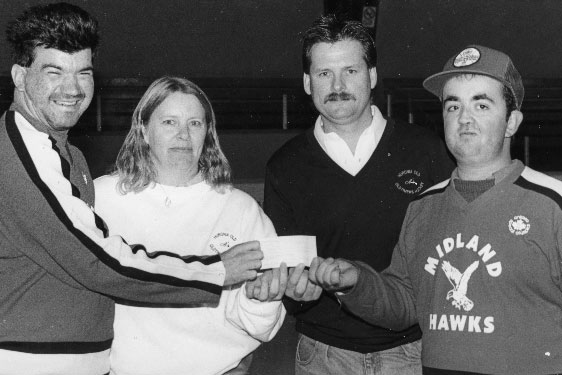
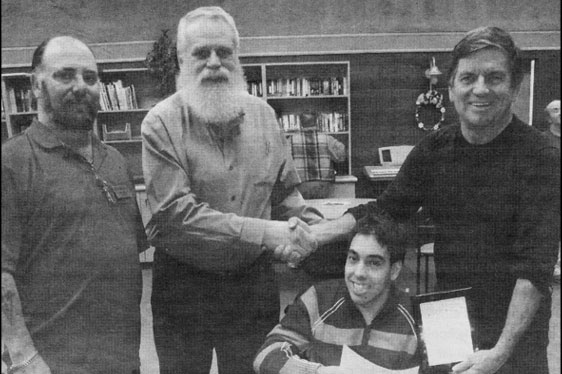
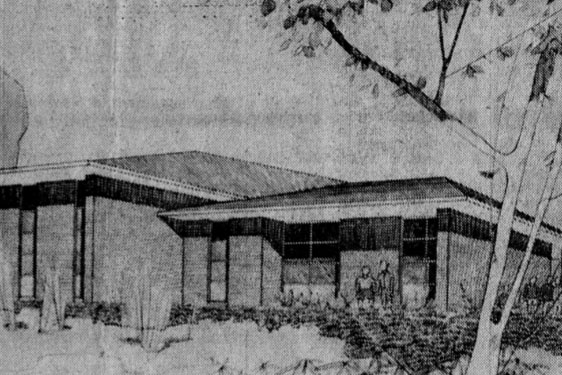
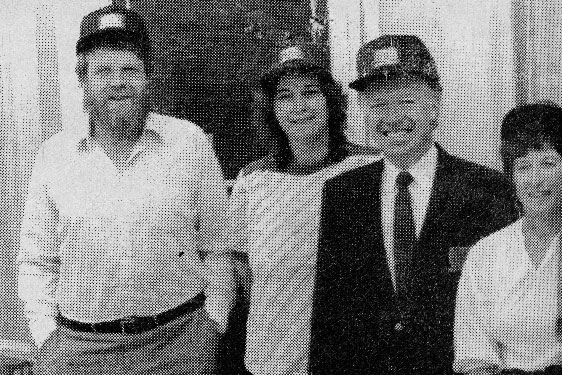
Over the past decade, CLH DSS has continued to innovate, expand, and serve more individuals. This has included:
- Opening Beacon House Step Down Treatment Home to serve forensic patients in partnership with the Waypoint Centre (2013)
- Delivering a contract by the County of Simcoe to provide Simcoe County Resource Consultation Services (SCRCS) county-wide French Language service for Francophone families (2014)
- Delivering a contract with Beausoleil First Nation for CLH to provide Simcoe County Resource Consultation Services (SCRCS) to be delivered to their community year-round (2014)
- Opening Juneau, a dual diagnosis high-intensity behaviour support home (2015)
- Being awarded lead services for Simcoe County Resource Consultation Services across the County of Simcoe (2016)
- Assuming the lead position for the Simcoe County Resource Consultation Services across the county (2017)
- Management of funding was transferred from the County of Simcoe to Quality Inclusive Support Services Program (QISS). Support for Licensed Childcare settings in Simcoe County (July 2021)
- Introduced the Ontario Autism Program (OAP) Caregiver Mediator Early Years (Play Project) to parents and guardians in Simcoe County (Sept 2021)
- In 2018, after 43 years of dedicated service, Tony Vipond retired as CEO of CLH DSS and Dean Johnson assumed the position of Chief Executive Officer
- Amid COVID-19 many of CLH’s programs had to grow and adapt, one being the “day program” which is now known as “Community Participation Supports” (CPS). The supports at Olive Street are now a combination of virtual programming (for people in our Supported Living Homes) and in-person day supports with a focus on community (2020-2021).
- In December 2021, the administration moved from the King Street office to the Olive Street office. This will allow for King to become a programming space for SIL, SEP, and TAY. A full renovation of the building has begun to ensure the space can be used by everyone.
- In March of 2022, a new Ontario Autism Program (OAP) was launched, Entry to School (ETS). This program is to help children with Autism prepare for school in the Simcoe County area.
